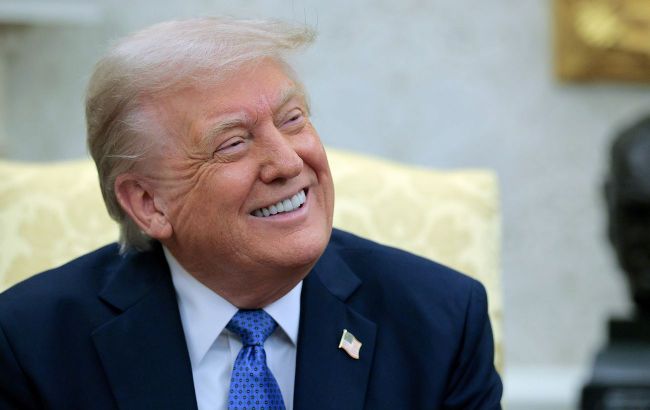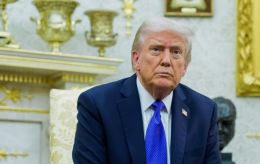Trump offered rare metal in exchange for halting another war – Media
 Photo: Donald Trump, President of the United States (Getty Images)
Photo: Donald Trump, President of the United States (Getty Images)
The United States could gain access to a tantalum deposit in the Democratic Republic of Congo if American leader Donald Trump stops the military conflict in the country, Bloomberg reports.
The US and Congolese governments could reach an agreement to increase American investment in Congo's mineral resources, including copper, cobalt, and lithium.
Tantalum, which plays a key role in high-tech industries such as electronics, aerospace, and defense, is also part of the negotiations. However, the deal would require the removal of M23 rebels from Rubaya. The group controls mining operations in the region and is supported by neighboring Rwanda, according to US and UN data.
These mines have been exploited by the M23 movement, which has occupied "a large swath of eastern Congo" since April 2024.
Rich tantalum deposits
According to the US Geological Survey, Congo and Rwanda produced about 2,500 tons of tantalum in 2024, accounting for nearly 60% of global production.
The Rubaya deposit in Congo is rich in tantalum-bearing coltan ore, which is mostly extracted using rudimentary methods, often under dangerous conditions by "artisanal miners."
Several companies have attempted to mechanize mining operations in Rubaya, but years of conflict and instability have hindered these efforts. The US is acting as a mediator in a peace agreement between Congo and Rwanda, which could end decades of clashes.
For the Trump administration, a partnership with these countries in the mining sector would also reduce China’s control over supply chains, particularly for materials needed in defense and energy.
Easing restrictions by China and the US
China has paused its export ban to the US on gallium, germanium, antimony, superhard materials, and other rare earth metals, which had been in effect since December last year.
On November 6, China suspended restrictions for one year on dual-use exports to 31 US companies, originally imposed in March. This followed a meeting between US President Donald Trump and Chinese President Xi Jinping in South Korea.
After the meeting, Trump decided to cut tariffs on Chinese goods by 10%, reducing the overall US tariff level to 47%.

